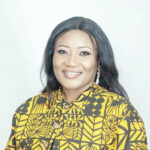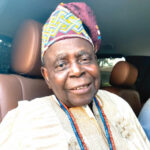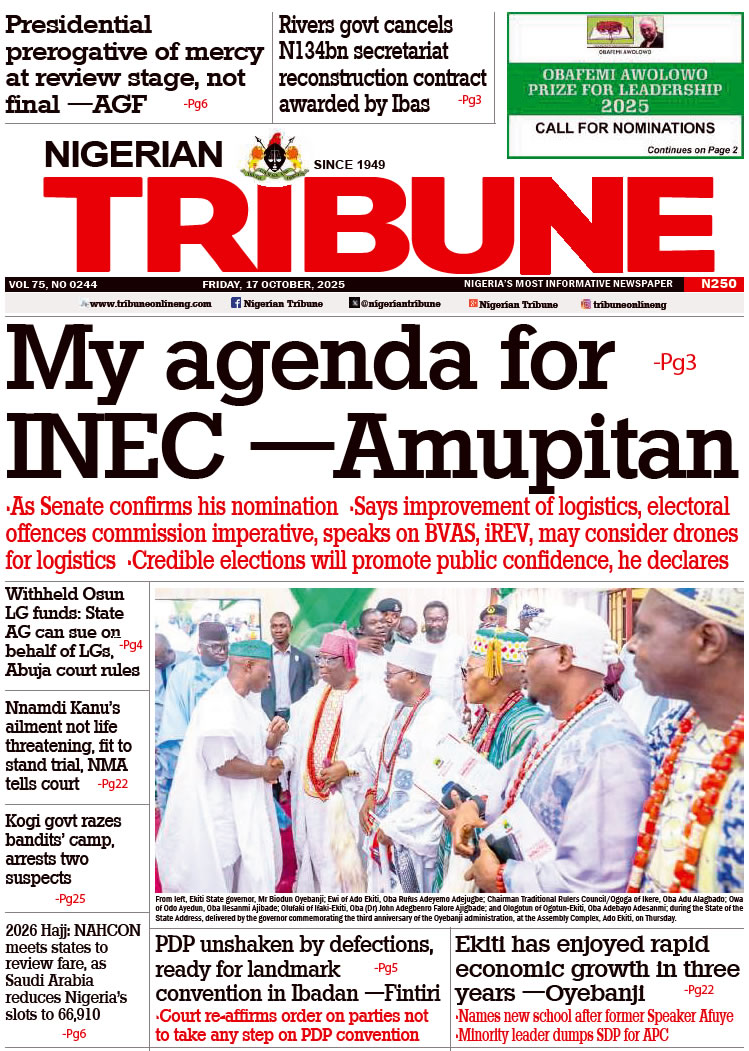Hausa-speaking people are found in the northern part of Nigeria and in some other African countries. On August 26, 2023, Hausa Day was celebrated all over the globe. Northern Bureau Chief, MUHAMMAD SABIU, writes on the manner of the celebration.
Hausa is deemed to be currently one of the internationally recognised languages. A recent statistics released by the British Broadcasting Corporation (BBC) Hausa Service disclosed that estimated 100 million people in the globe speak Hausa language.
It is said that of these 100 million people, 70 million are living in Nigeria while the remaining 30 million can be found in countries like Ghana, Burkina Faso, Sudan, Cameroun, Niger Republic, Mali, Egypt, Germany, France, United States, United Kingdom, China and Saudi Arabia.
On August 26, 2015, a young Nigerian journalist, Abdulbaki Aliyu Jari, convinced his friends to organise what is now regarded as Hausa Day.
Born in Katsina State and educated at the Usmanu Danfodiyo University, Sokoto, Jari worked in different private online media organisations before joining the BBC video section.
Although the 2015 celebration was low-key, it was a success by all standards. Since then, the celebration has gained traction as more people and countries join in the commemoration.
Now that August 26 has been dedicated as the ‘Hausa International Day’, Hausa-speaking people in Africa, Caribbean, United Kingdom, Europe, North America come together to observe it with fanfare.
For instance, findings by Saturday Tribune indicate that this year, the day was celebrated in Turkey, Britain, United States, Germany, France, Ghana, Benin Republic, Senegal, Niger Republic, Sudan, Nigeria, among other countries.
How the celebration went in Nigeria
In Nigeria, the Hausa Day celebration was observed in Kaduna with enthusiasts from Sokoto, Zamfara, Katsina, Kano, Kebbi and other parts of the country besieging the Ahmadu Bello Stadium, venue of the event, to showcase the cultural values of the Hausa people.
The organiser of the event, Dr Nuhu Umar of the Centre for the Development of Hausa Language noted that the occasion was intended to bring Hausas together to see how far they have come and how they could improve culturally, economically, socially and politically as a people.
“The invitation is an open one to every Hausa man wherever he is to come and show us what he has got to offer to develop the language and its people,” Umar said.
In an address, the state governor, Malam Uba Sani, welcomed the participants and drew the attention of parents, especially mothers, to the importance of mother tongue.
Represented by a member of the State Executive Council, Rabi Salisu, the governor noted that with globalisation, many indigenous languages are at the risk of losing their identities.
While commending the organisers for doing a wonderful job, Governor Sani noted that every society must know where it is coming from and where it is going.
He challenged mothers to teach their children the first language at the early stage of their lives as a measure to preserve the mother tongue and prevent it from going into extinction.
Highlights of the event included a display of the Hausa traditional lifestyle by hunters, blacksmiths, charmers, wrestlers, bone healers, magicians, musicians, among other people engaged in skilled activities.
How it was celebrated in Europe
The Hausa Day celebration was done in grand style in Istanbul, Turkey, this year with hundreds of enthusiasts converging on a park. Hausa-speaking people from across the county and other parts of the world showed up in different attires depicting the richness of the Hausa culture.
A participant, Nasir Adamu, a university student in Turkey, told Saturday Tribune that it was a momentous event showcasing the Hausa people and their rich culture.
He described the celebration as heartwarming and attractive to youngsters and adults, many whom have experienced the different aspects of the Hausa culture at one time or the other.
“Junk foods like nakiya, alkaki, gurasa, panke, chin chin, suya, raga dada, as well as drinks like kunu tsami, kunun kanwa, and food like tuwon dawa and pate were put on display,” Adamu said.
He disclosed that in the background, songs of notable Hausa musicians like Dankwairo Maradun, Shata Katsina, Danmaraya Jos, Haruna Uji, Hassan Wayam, Barmani, were played to the pleasure of guests.
The significance, the challenges
One of organisers of the event, Ibrahim Ahmed, said the celebration was set aside every year to provide an opportunity for the Hausa-speaking people to discuss the unity of the Hausa race wherever they find themselves. According to him, it is also designed to assess the level of the assistance of the language the world over and the challenges it faces in the 21st century.
Also, Professor Shuaibu Malumfashi of the Hausa Department of the Federal University, Dutsima, Katsina, stated that the day was set aside to assess the progress made by Hausas in the fields of business, science and technology in relation to the traditional Hausa business, science and technology.
Professor Malumfashi stressed that such interactions help to understand a people’s progress as well as their challenges.
He described the aspects of religion, culture, marriage and the traditional institution as integral parts of the Hausa race, adding: “This is very critical to us as a race.”
Ibrahim Ahmed also said, “We also use the day to see how many new words we have got within a year under review. This is important for the sustainability of Hausa language.
“One very important question is: how can the language be revived and sustained? I think scholars should conduct in-depth research on this. This is what other languages all over the world do.”
A participant in Kaduna, Hajiya Maryam Musa, lamented that some Hausa words, food, marriage rites, clothes that are well known have started disappearing.
“I think the culture of producing books in Hausa language for the younger ones and even adults needs to be encouraged,” Hajiya Musa said.
Nonetheless, the consensus of the participants at the end of the occasion is that the celebration should continue and the participation of more experts is needed in coming years.
YOU SHOULD NOT MISS THESE HEADLINES FROM NIGERIAN TRIBUNE
‘We want to go back to school’: Untold story of out-of-school kids in Ibadan
One of the kids who spoke to our reporter, Saheed Abiodun, ran away from home to look for succour in…
Somadila Igboanugo is a medical graduate and a blogger. She recently graduated with a First Class with…
Bride slumps, dies on wedding day in Oyo
A bride, identified as Rebecca Oyedotun, slumped and died on her wedding day in…
Pastor commits suicide over failed love in Nnewi
A man identified as Prosper Obum Igboke, a pastor of a pentecostal church, has committed suicide in…
Cartels, cabals working against success of Power sector, but… — Adelabu
Minister of Power, Adebayo Adelabu, has disclosed that there is overbearing influence of cartels and cabals in…
I want to start having babies, don’t want to play football forever — Super Falcons Star
Super Falcons forward, Francisca Ordega, has hinted at a possible quit from professional football before…
WATCH TOP VIDEOS FROM NIGERIAN TRIBUNE TV
- Relationship Hangout: Public vs Private Proposals – Which Truly Wins in Love?
- “No” Is a Complete Sentence: Why You Should Stop Feeling Guilty
- Relationship Hangout: Friendship Talk 2025 – How to Be a Good Friend & Big Questions on Friendship
- Police Overpower Armed Robbers in Ibadan After Fierce Struggle







